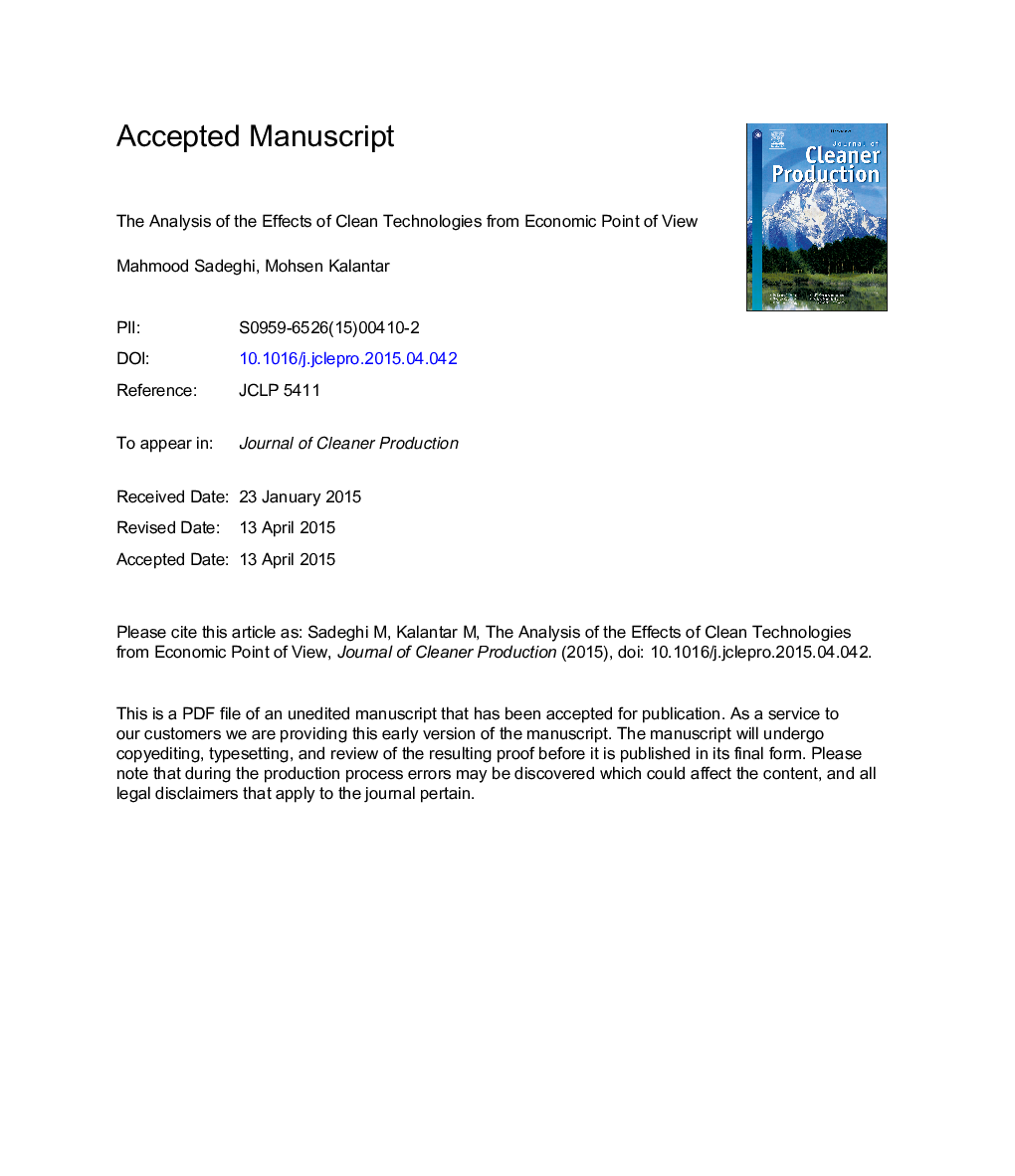| Article ID | Journal | Published Year | Pages | File Type |
|---|---|---|---|---|
| 8103853 | Journal of Cleaner Production | 2015 | 36 Pages |
Abstract
One of the most important obstacles in the deployment of the clean technologies such as wind turbines and photo voltaic modules in the distribution system is their intermittent nature in power generation due to their dependency to wind speed and solar radiance profiles. The authors in this study aim to show that the use of clean technologies in spite of their uncertain nature, in addition to their lots of environmental benefits, will also lead to more profit to the distribution company in comparison with the conventional and unclean technologies. Thus, a distributed generation planning problem, considering the economical, technical and environmental parameters alongside the encouraging and punishment functions to increase the total profit of the distribution company is presented in this paper. To guarantee power generation, in the demise of wind speed or solar radiance, gas turbines are used alongside the clean units. In order to model the uncertainty of the clean technologies' nature, the wind turbines and photo voltaic modules' output power is modeled hourly and the planning problem is analyzed from probabilistic point of view. A sensitivity analysis on the stochastic nature of the global fuel price is presented by a proposed model to calculate the exact value of the operation cost of fossil fuelled based distributed generation units. The planning problem is presented in a governmental environment, the proposed method is applied on the 9-bus test distribution system, and the results confirm the anticipated expectations that the best economical scheme is in the use of the clean and unclean technologies together. These findings can be used to both the industry and government in terms of improving social and economic acceptance of clean technologies in future developments.
Related Topics
Physical Sciences and Engineering
Energy
Renewable Energy, Sustainability and the Environment
Authors
Mahmood Sadeghi, Mohsen Kalantar,
